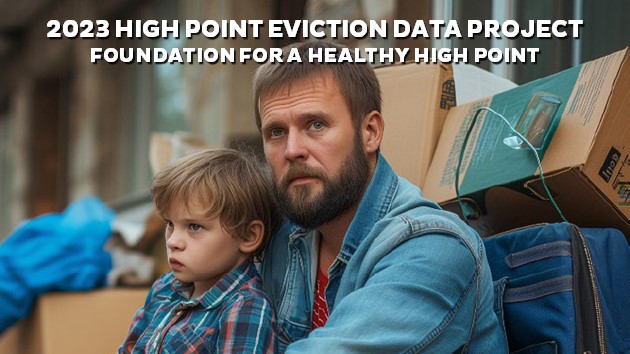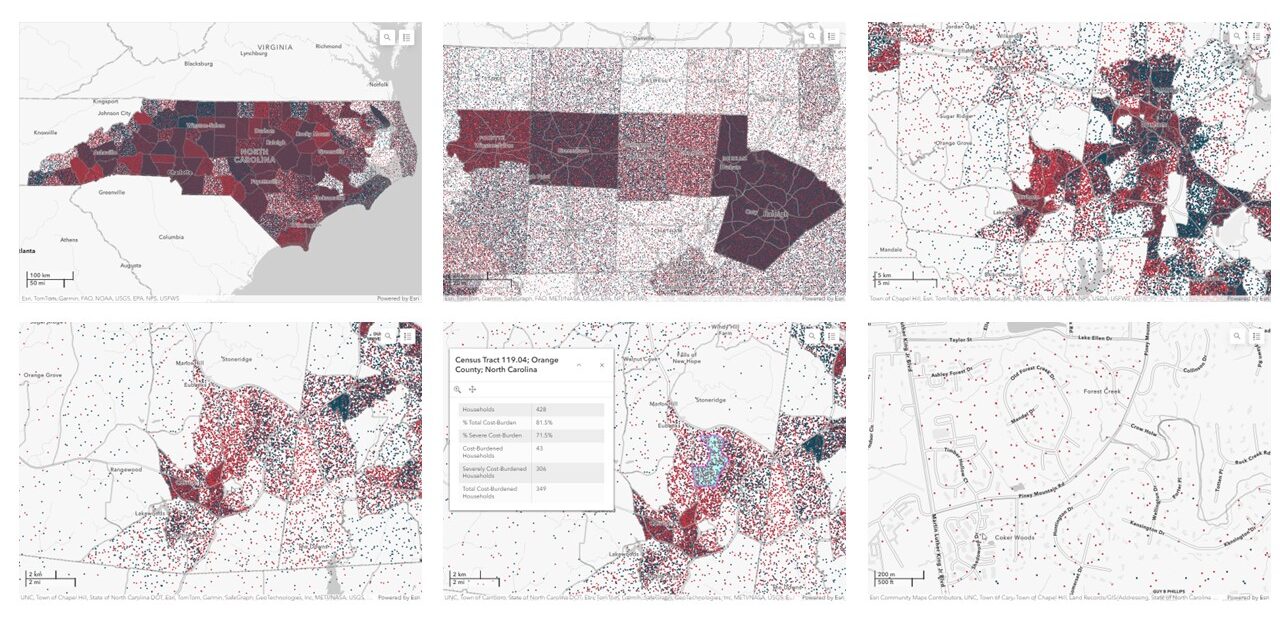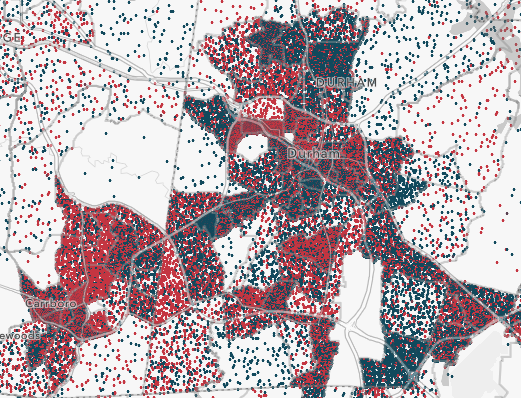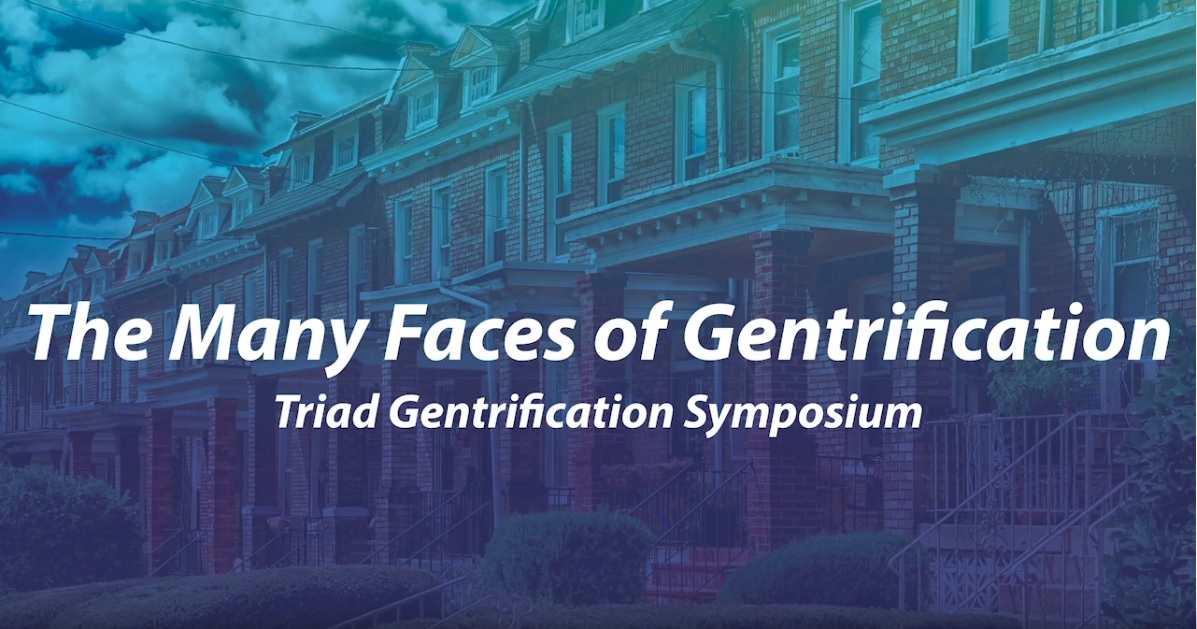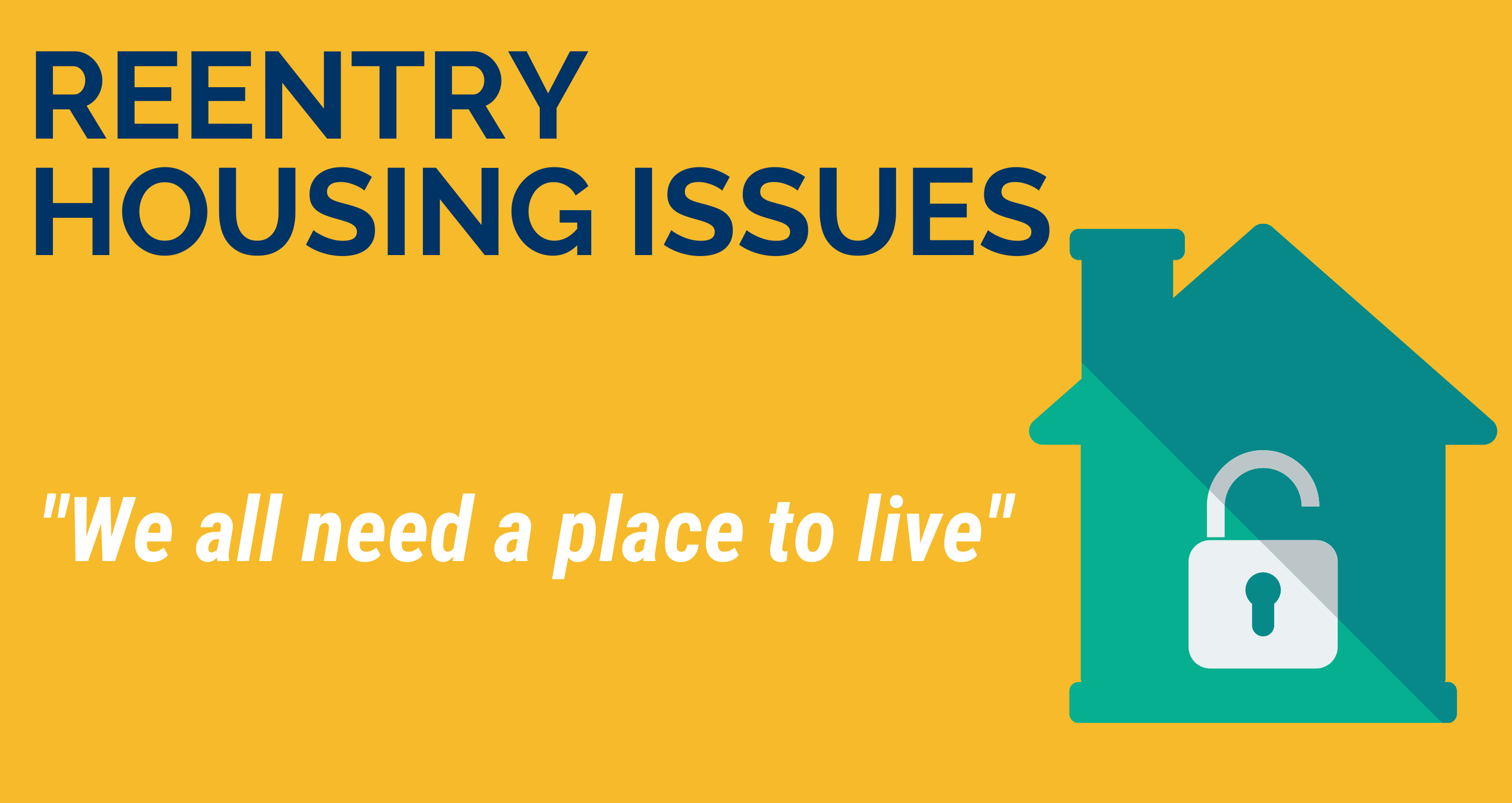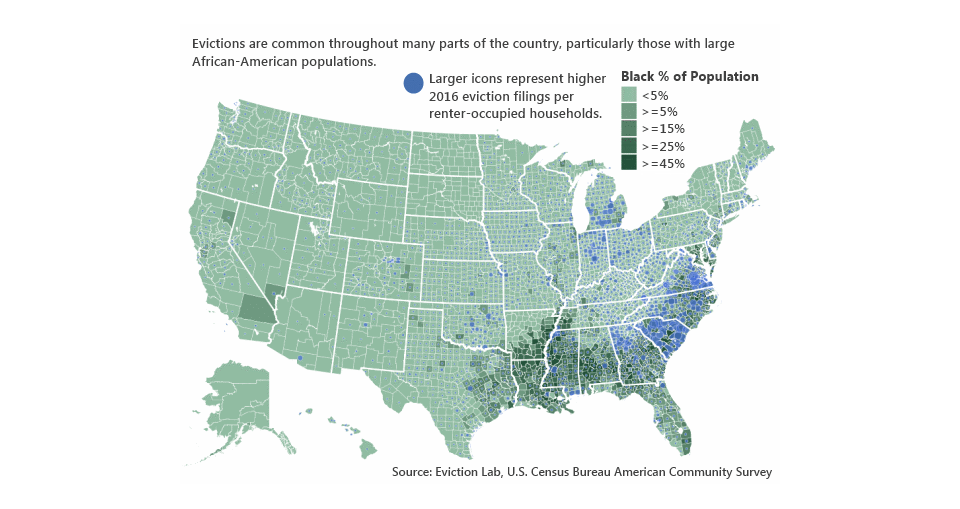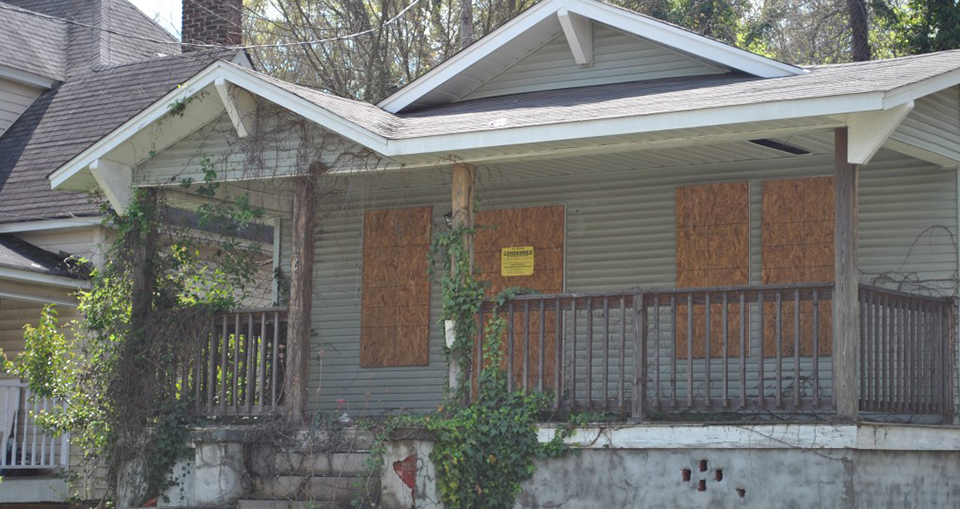The Center for Housing and Community Studies announces the release of their important report on evictions in High Point, North Carolina. This project sought to create a local eviction database for the City of High Point for the calendar year 2023. We collected information about each eviction case filed in the District 18 District Court, High Point Courthouse, including docket number, filing date, address, and case disposition. In this report we analyze, tabulate, and map the quantitative data to illustrate important facts about High Point evictions, such as the neighborhoods suffering the most evictions, the property owners responsible for the most evictions, the most common grounds for eviction including amounts of rent in issue, and many other aspects of eviction.
Alongside the quantitative data acquisition work, we conducted a qualitative data effort as well, consisting of interviews conducted throughout the year. We spoke to tenants experiencing eviction to learn about the causes and consequences of eviction, and the effectiveness of intervention efforts; landlords who file evictions about the conditions and circumstances that lead them to evict; city administrators about how they could use eviction data, their anti-eviction plans and efforts, and their interest in supporting the development of a sustainable eviction data infrastructure; and nonprofit leaders about the needs they see in the communities and the people who come to them in crisis seeking the very limited services they can offer.
Accurate and comprehensive eviction data will improve our understanding of the true scope of eviction in High Point. We hope that the data and the insights into the mechanisms of eviction that we provide here will help public administrators and elected officials, community-based organizations, legal services firms, and housing advocates to develop policies and programs and tailor interventions in the best way possible to address the serious housing challenges that they encounter every day.
Read the full report here.
